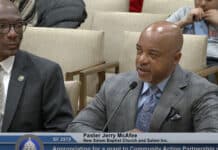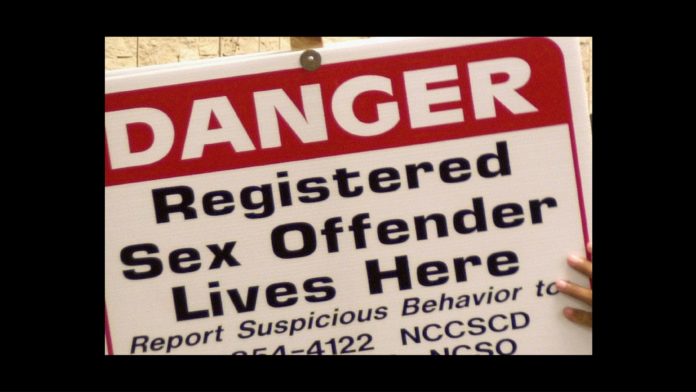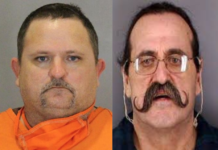St. Paul, MN – Minnesota’s sentencing practices for sexual offenders is coming into question by several groups, each taking up different issues with the status quo.
As Alpha News reported the national pro-child, anti-crime group PROTECT is calling for tougher sentences in child pornography cases in Minnesota.
The organization released a report titled “Children Betrayed.” It calls Minnesota’s sentencing practices “shocking and dramatically out of step with national and state trends,” and found that Minnesota judges award probation for possession and distribution of child pornography in roughly 90% of all cases.
The report states 55% of offenders who possess and distribute child pornography are also “hands-on offenders,” committing crimes of sexual violence against children in their own circles of trust and communities across Minnesota.
PROTECT has now released an extended report titled “Dangerous State of Justice” on Minnesota’s child pornography laws, which shows that 65% of all offenders convicted of felony sexual assault against children (Criminal Sexual Conduct 1-4) never see a day in prison. In those crimes, 90% of victims are girls and 40% are under age 13.
While PROTECT says Minnesota’s sex crime laws are too lenient in this case, another group is saying some of the laws are too harsh.
Vicki Henry, President of Women Against Registry (W.A.R), a non-profit organization working to change laws affecting sex offenders, reached out to Alpha News. Her group is planning on heavily pushing for legislative reform.
The group takes issue with the very existence of a sex offender registry. Henry claims more than 851,870 men, women and children (as young as 8 and 10 in some states) are required to register as sex offenders. In Minnesota alone 17,706 people are listed as registered sex offenders.
While many of those having to register have committed rape or sexual assault, Henry says a large portion of people having to register as sex offenders committed petty crimes ranging from urinating in public and “sexting,” to mooning and indecent exposure.
Henry says the registry affects not only the offenders, but the families of the offenders as well, saying, “If you multiply the number on the registry by 2 or 3 family members you can clearly see there are well over 3 million wives, children, moms, aunts, girlfriends, grandmothers and other family members who experience repercussions from having a family member on the registry.”
She lists repercussions including harassment, threats, signs placed in their yards, homes set on fire, vehicles damaged, being forced to leave churches and other organizations and children passed over for educational opportunities.
W.A.R advocates for a more case-by-case analysis of offenders before they’re put on a registry. “if there is a registrant who, a judge feels needs monitoring and then based on careful evaluation by a trained licensed professional who does not benefit from the diagnosis, they should be tracked by law enforcement but not on any registry, especially something public.”
The 2017 Legislative Session is set to begin on Tuesday, January 3rd 2016. While there has been some talk of legislative reform to create stricter sentencing guidelines for people creating, distributing, or possessing child pornography, there has been no word yet on reforms for the sex offender registry.












